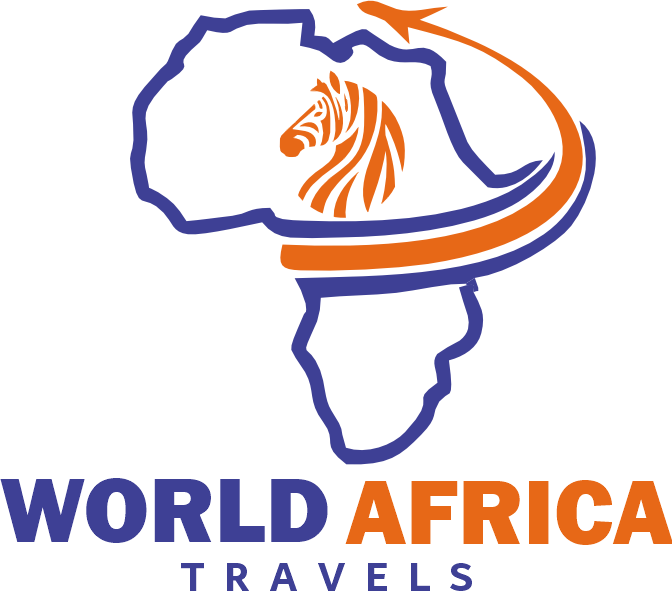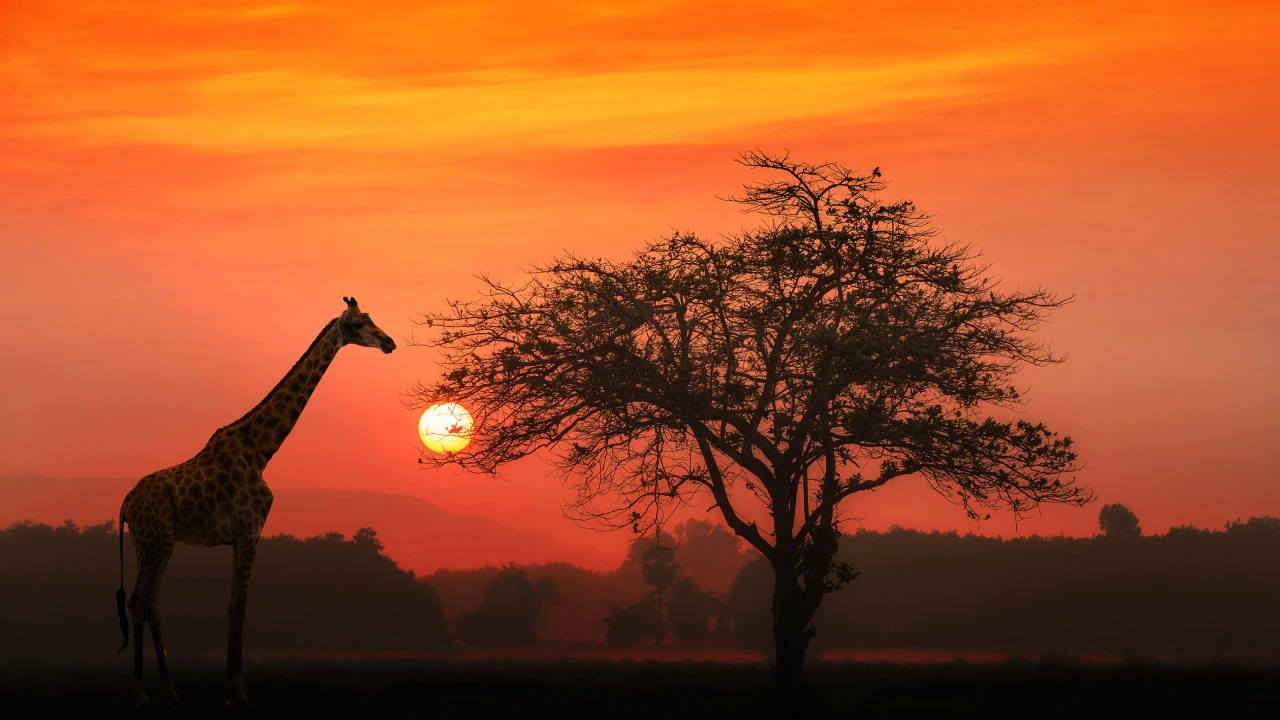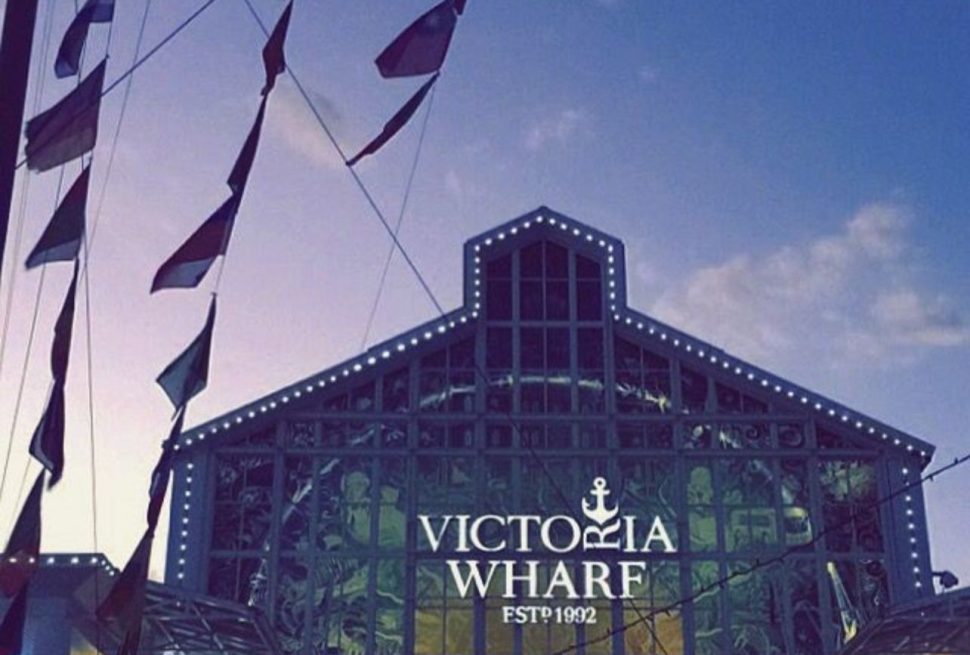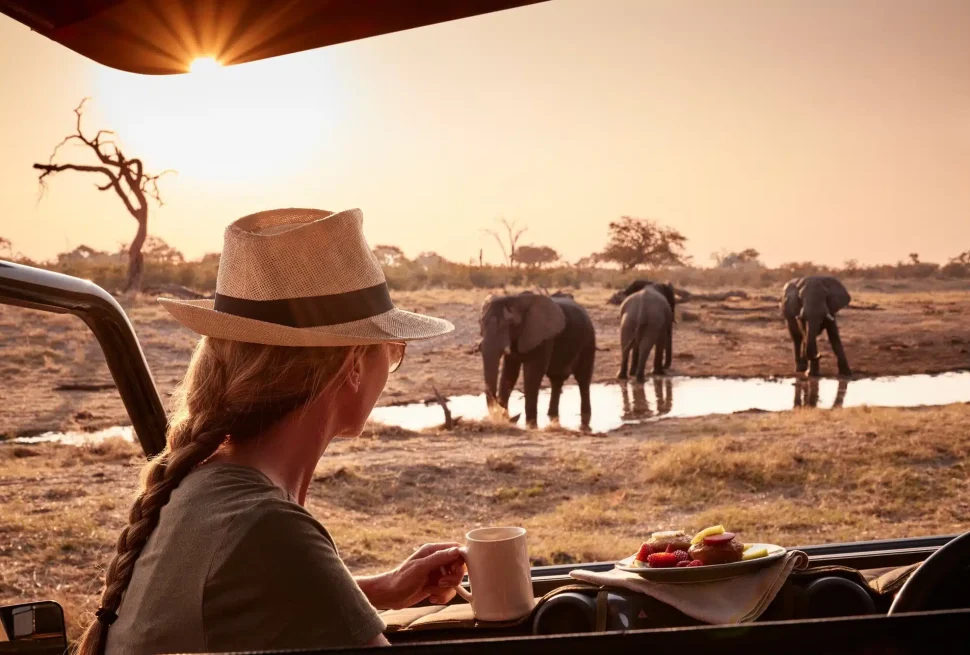A First-Timer’s Guide to South Africa: What to Know Before You Go
Planning your first trip to South Africa? You’re in for an unforgettable adventure. From vibrant cities and world-class safaris to dramatic coastlines and diverse cultures, South Africa offers a travel experience like no other. But as with any destination, knowing a few key things before you go can make your trip smoother, safer, and more enjoyable.
Here’s a helpful guide for first-time visitors to South Africa.
1. Visa & Entry Requirements
Depending on your nationality, you may or may not need a visa to enter South Africa. Many countries, including the U.S., UK, and most EU nations, are granted a free 90-day tourist visa on arrival.
Tip: Always check the official South African Home Affairs website before you travel to confirm the latest requirements.
2. Best Time to Visit
South Africa is a year-round destination, but your ideal travel season depends on your goals:
- Wildlife safaris: May to October (dry season)
- Beach holidays: November to March
- Wildflower season (West Coast): August to September
- Winelands touring: Year-round, but autumn (March–May) is especially scenic
3. Currency and Payments
The local currency is the South African Rand (ZAR). Credit and debit cards are widely accepted, especially in cities and tourist areas. However, it’s wise to carry some cash for small vendors or rural areas.
Tip: ATMs are readily available, but use those inside banks or malls for added safety.
4. Transport and Getting Around
- Domestic flights: Affordable and convenient for long distances (e.g., Cape Town to Durban or Johannesburg).
- Car hire: Recommended for road trips—especially the Garden Route, Winelands, or Kruger area.
- Public transport: Limited and not always safe in cities. Use registered taxis, e-hailing apps (like Uber/Bolt), or hire a private guide for day trips.
5. Health & Safety
South Africa is safe to visit—but like any destination, common sense goes a long way.
- Avoid walking alone at night in unfamiliar areas.
- Keep valuables out of sight, especially in city centers.
- Use bottled or filtered water in rural areas (tap water is generally safe in cities).
- Malaria is only a concern in far northeastern regions like Kruger—consult your doctor about anti-malarials if you’re going on safari.
6. Cultural Etiquette & Language
South Africa has 11 official languages, but English is widely spoken in urban areas and in the tourism industry. People are generally warm and welcoming.
Cultural tips:
- Greet people with a smile and handshake.
- It’s polite to say “hello” and “thank you” in local languages—try “Sawubona” (hello in Zulu) or “Dankie” (thank you in Afrikaans).
- Tipping (10–15%) is standard for restaurants and tour guides.
7. Must-Visit Highlights
First-time travelers shouldn’t miss:
- Cape Town: Table Mountain, V&A Waterfront, Robben Island
- Kruger National Park: Big 5 safari experiences
- Garden Route: Coastal towns like Knysna and Plettenberg Bay
- Winelands: Stellenbosch & Franschhoek for wine and dining
- Durban: Beaches, Indian food, and cultural fusion
- Johannesburg: History-rich Soweto, Mandela House, and vibrant nightlife
Final Thoughts
South Africa is a land of contrasts—where nature, culture, and adventure collide. Whether you’re hiking Table Mountain, sipping wine in Stellenbosch, or spotting lions in the bush, your first trip here won’t be your last.
Just come prepared, stay alert, and embrace the local rhythm—South Africa will welcome you with open arms.





